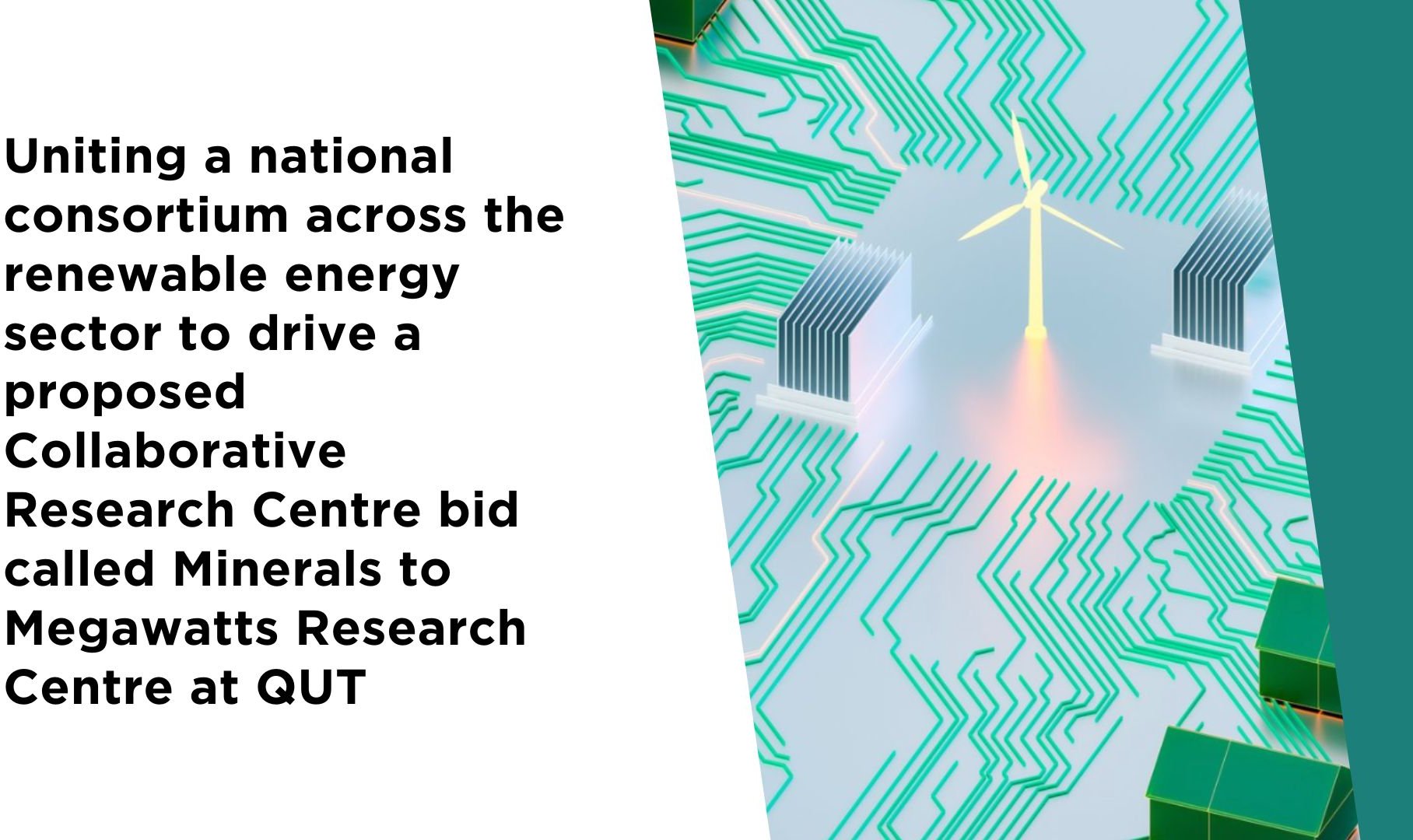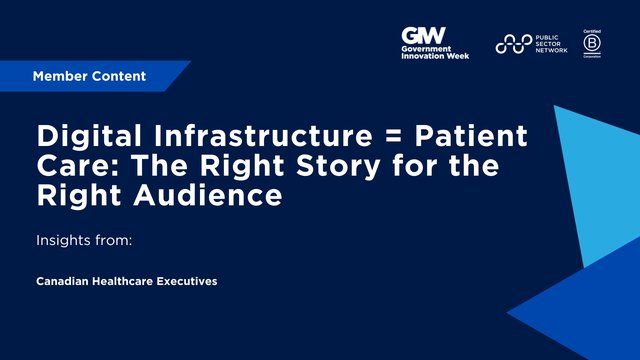

QUT's strategy to support clean energy production

The Motivation:
The ever-increasing demand for energy and the pressures of climate change have spurred a global transition towards clean energy production. Large-scale deployment of clean energy projects utilising renewable energy generators (e.g. solar, wind) is currently well underway in Australia. Due to the intermittent nature of renewable energy generation, battery energy storage systems (BESS) is essential to reaching the Queensland Government’s 70% renewable energy target by 2032 and net zero emissions by 2050.
Over the next two decades battery technology will become the primary enabler of the global energy economy. In anticipation of this rapid growth, QUT is committed to accelerating its research and testing capabilities in battery energy storage through the creation of the Advanced Battery Facility (ABF). To ensure QUT can provide increasing levels of support to industry, Queensland Government has awarded QUT $15M to expand upon existing capabilities and infrastructure to establish the Queensland Energy Storage Technologies Hub (QUEST Hub).
The Opportunity:
Nine opportunities this project attracts
- World-class capabilities, facilities and services providing a centralised support base for Queensland battery industries
- Accelerated product development, manufacturing and commercialisation
- Development of accredited certification services to enable market entry for Queensland-made products into domestic and international markets
- Increased safety of BESS
- Training and skills development in an industry-relevant environment
- Job creation & skilled employment opportunities across regional and urban communities
- Strengthening and scaling existing collaborations
- Attraction of industry and investment to Queensland
- Contribution to State and Federal Government renewable energy and emissions targets
 Attend the session at Innovate QLD
Attend the session at Innovate QLD
The Strategy
QUT's solution aims to unite sectors across universities, government, non-government organisations (NGO’s) and industry to drive strategic focus and foster collaboration across the battery value chain, promoting growth of Queensland battery industries and accelerating the commercialisation of innovative battery technologies.
Key business case selling points
- The significant economic opportunities for Queensland & Australia. The global battery market alone is expected to grow at an unprecedented rate, potentially attracting USD$262b in investment between 2021 & 2030.
- Queensland’s abundance of critical minerals and renewable energy resources that place us in a unique position to supply BESS products with enhanced supply security and ESG credentials into global markets
- Supporting strategic local manufacturing of high-value components and systems – i.e. redox flow and large-scale lithium batteries
- Developing safety standards and accreditation processes, accelerating pathways to market for emerging battery technologies
- Improved cost competitiveness of BESS manufacturing and recycling through the utilisation of Queensland’s abundant supply of renewable energy
- Increasing workforce capacity in critical areas.
Engaging key stakeholders
QUT identified key stakeholders through comprehensive research and sector analysis, then engaged them through direct outreach and strategic networking.
The Future
Next steps
QUT has united a national consortium across the renewable energy sector to drive a proposed Collaborative Research Centre (CRC) bid called Minerals to Megawatts (MMCRC). The MMCRC bid has derived an industry-led strategic research agenda that will turbocharge Australia’s renewable energy technologies (RT) competitiveness and sovereign capability through strategic development of critical high-value RT (large scale energy storage, low-cost solar & wind energy generation) components to maximise energy security while affording major export opportunities.
Building the foundation for future opportunities
The MMCRC will harness & expand QUT’s capabilities battery research, technology, standards, safety and accreditation by leveraging national collaborative efforts with leading universities, government, NGO’s and industry partners . This initiative will drive economic growth and sustainability through cutting-edge collaborative research, workforce development programs and commercialisation of advanced renewable energy technologies.
A Stage 1 application was submitted on 5 March 2024 to Round 25 of the Australian Government’s Cooperative Research Centres (CRC) Grants Program. Outcomes are expected in July 2024. Stage 2 of the bid process will likely close in September 2024.


































